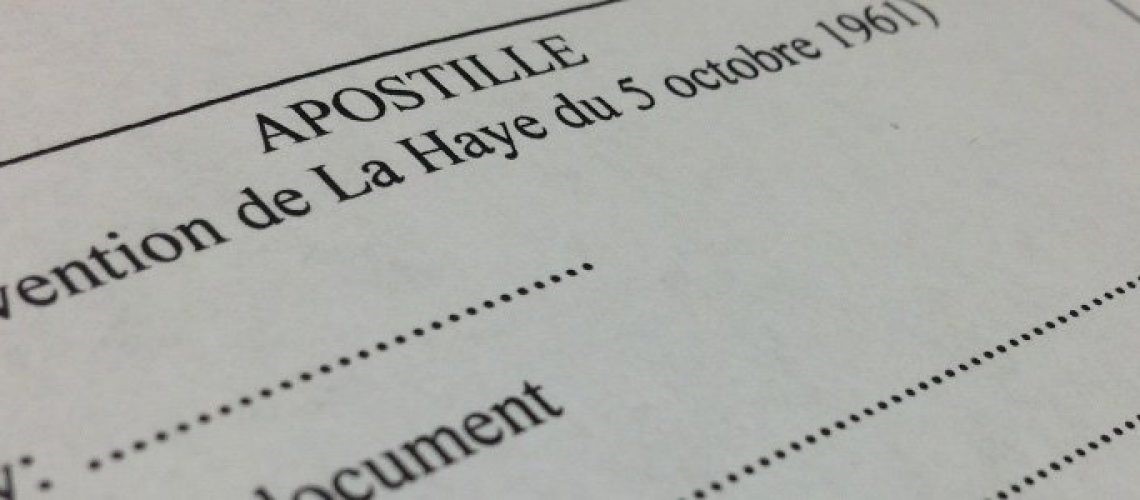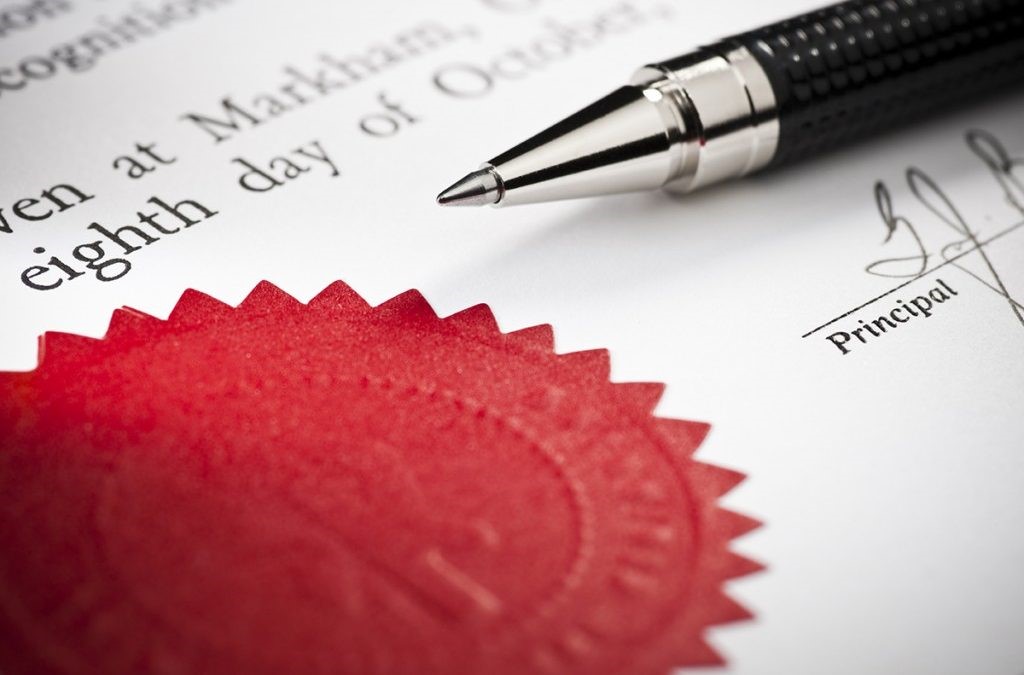What is the difference between Legalizing and Apostilling documents for Immigration and Nationality procedures?
When getting together all of your documents for Immigration and Nationality procedures, it can get confusing as to what exactly needs to be done with each document. One aspect that confuses many people is the difference between legalising a document and apostilling a document. How can you differentiate between which of the two needs to be done? We’re going to look into exactly what each of these terms means and how we can choose between them.

Legalizing and Apostilling
What is the Hague Apostille and when to apostille documents?
An Apostille is a special certificate that authenticates an original public document. They can only be issued and be valid in countries that are a part of the Apostille Convention. The certificate confirms that the signatures, stamps or seal of an original document are genuine. This process is done so that these public documents will also be genuine in other countries that are a part of the Convention. You will need an Apostille if your document is considered as a public document. This can include the following types of documents: a birth, marriage or death certificate, a judgment, an extract of a register or a notarial attestation. Once the Apostille is complete and sent back to you, your document will then be recognised as a foreign public document. Bear in mind, however, that if your original document is to be translated, then your apostille may need to be translated too. It’s always important to check with the receiving organisation all of the necessary steps to undertake. You can send for an apostille to be created on the Hague Apostille website: https://www.hagueapostille.co.uk .

What is legalisation and how should I do it?
Similar to the apostille, legalisation is the process where a document issued with the signature and seal of a Notary is then authenticated by the Foreign Office and/or the Embassy/Consulate of the country where the document will be used. This process is mainly used in countries that are not a part of the Apostille Convention and is therefore the alternative for these countries to show legal validity of your document. A document can be legalised by going on your country’s government website. For example, UK residents would apply at the following website: https://www.gov.uk/get-document-legalised .
Can I apostille a sworn translation?
The document that must be apostilled is the original public document in its original language. The steps you must take to have the apostille in the target language are as follows:
- Have your original public document apostilled in the same language and country as the document. The apostille will usually be added to the end of the document
- When you want to get the public document translated by a sworn translator, also send them the apostille. A sworn translator is approved to translate apostilles and it will have the same validity in the country of the receiving party.
NOTE: If the translation is completed by a translator registered in a different country rather than the country of the receiving party, the document will be required to also be legalised.
Are there any documents that cannot be apostilled?
The requirements for obtaining an apostille state that the document must be a public document or any other document that has been certified by a solicitor or notary as a true copy. The document should be notarised and the seals and signatures must be originals. If a document fails to meet any one of these requirements, then it would be unable to be apostilled. The question that should be asked next is if you could get a document legalised if it doesn’t meet the Apostille requirements? The straight-forward answer to this would be no. This is because the document should still be notarised and bear original seals and signatures. However, legalisation requirements can differ between each individual country, so it would be worth verifying with the receiving party of the document.
